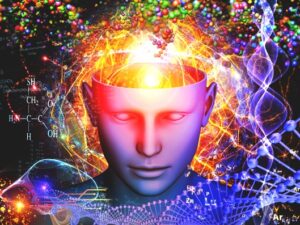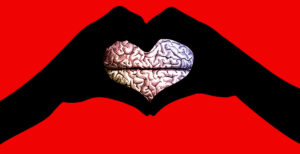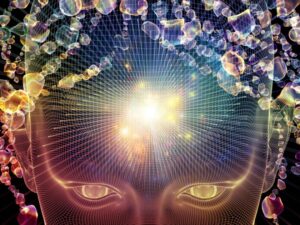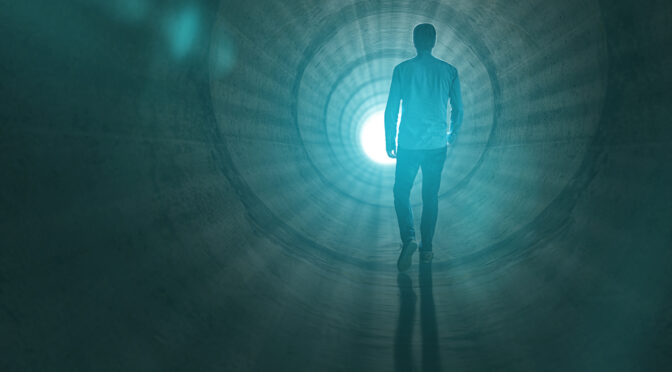The science studying the moments before death has long thought that the heart stops beating, ceasing blood flow, and causing the rest of the body to shut down. But new research has shown that the prevailing wisdom regarding this could be wrong.
In a study published recently in the Proceedings of the National Academy of Sciences, researchers studied the heart and brain activity in rats that were dying from lack of oxygen.

They found that the rats’ brains sent a series of rapid instructions to their hearts just before dying, causing fatal damage to the organ. However, when researchers blocked this signal from the brain, the rats’ hearts survived longer.
The methodology included subjecting rats to carbon dioxide or lethal injection, inducing cardiac arrest. Brain activity was scanned by EEG and hearts were monitored via EKG. Also, signaling chemicals were measured throughout the experiments.
As the heart rates dropped off, the brain activity tended to synchronize with the heart’s activity. When this sync happened, researchers were able to observe a rush of several neurochemicals, such as dopamine (produces feelings of pleasure) and norepinephrine (produces feelings of alertness).
When this flow of chemicals was blocked via severing the spinal cord, it delayed cardiac arrest. These animals survived three times longer than the control group.

This has implications for humans as well, possibly allowing longer survival for those whose hearts are damaged by similar brain signals.
“People naturally focus on the heart, thinking that if you save the heart, you’ll save the brain,” said study co-author Jimo Borjigin, a neuroscientist at the University of Michigan Medical School in Ann Arbor.
“You have to sever [the chemical communication between] the brain and heart in order to save the heart,” which is “contrary to almost all emergency medical practice,” Borjigin told Live Science.
Nearly a half million Americans suffer cardiac arrest each year, with only about 10% surviving these incidents. But this study showed that even when one goes through cardiac arrest and shows no signs of life, the brain continues to function.

Borjigin thinks that the flooding of the heart with signals from the brain is likely an attempt to save the heart, and may even be responsible for near-death experiences.
The researchers admit that it is unknown whether human bodies would behave similarly.
However, if scientists were able to find a way to sever this brain-heart connection (using drugs), then it would open up new possibilities for treating patients with cardiac arrest, giving health care workers more time to treat them, according to Borjigin.

